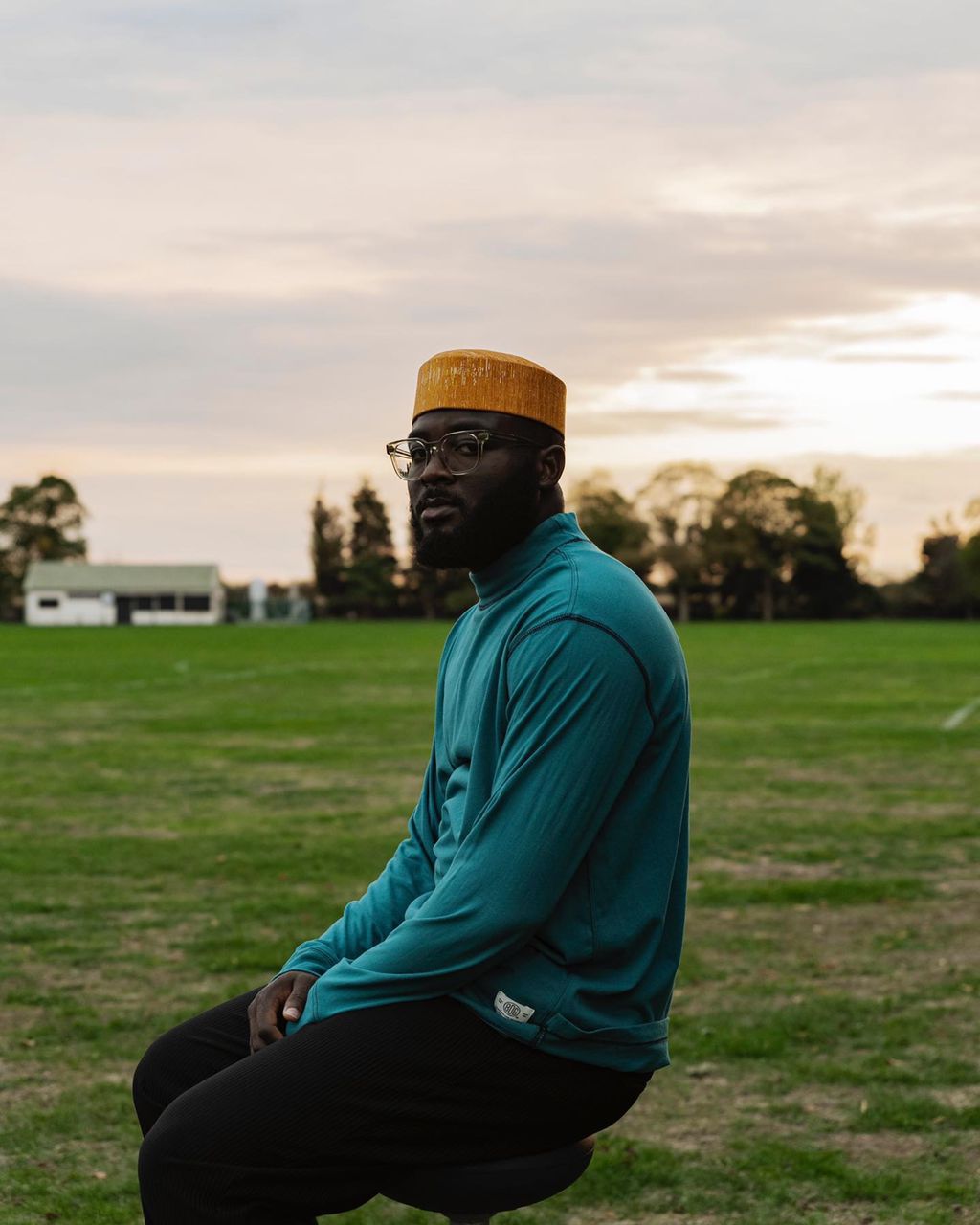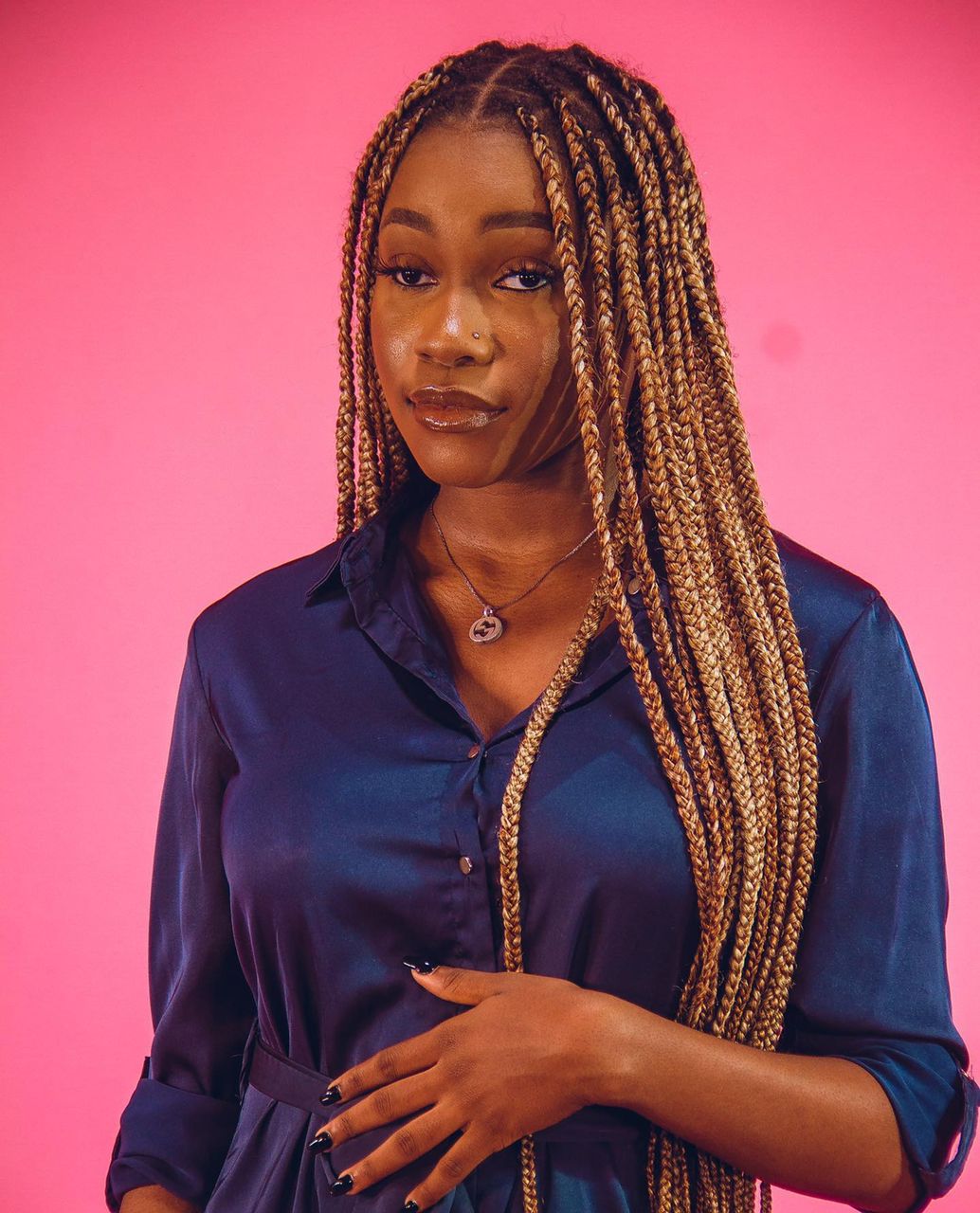How To Navigate Creative Blocks as a Working Creative
Being a creative is surely interesting, especially on the days when you actually feel like creating. It feels quite powerful to monetize your passion and make a living out of something you thoroughly enjoy doing. But, that doesn’t negate the fact that it’s a job and it’ll require hard work and effort, regardless. The art of creating, as well as the business of it, goes hand in hand, but the realities are seemingly different.
As opposed to the unrealistic images in most people’s minds, working as a creative is not an easy job. On some days, the ideas are great, and the execution is even better. On others, you’re struggling to meet up with your commitments and deliverables.
So how exactly do you strike a balance in your life as a working creative?
Ayo Sama, a London-based photographer/photo curator who describes his creative journey as “fun and chaotic” says he’s had the best of both days. “I have had days where I felt I should probably do something else. And others where I just knew I was the bomb. Regardless, I wouldn’t trade it for anything else.”

For Ayo, he’s pretty unfazed by the experience of a creative block. “I think creativity is like a flowing body of water, and creative blocks are just obstacles. But the best part is, the water will always get to its destination. So, I try not to force it and just go through that process. However, when I have deliverables, I try my best to get the work done in time. I hate missing deadlines, so I ensure I get the work done, anyway.”
Life must be really great when you’re a content and partnership strategist, and Tariemi Oreoritse agrees. The ability to create viable and convertible content has to be a superpower. For Tariemi, her secret is discipline. “Motivation is great. I create my best work when I’m motivated, but you can’t tell clients you operate with vibes lol, so that’s where discipline comes in.”
As a working creative, one of the biggest challenges is balancing motivation and discipline. There’s only so much you can do when you’re not feeling motivated or creative. However, that is almost never enough reason to stop creating because the tasks won’t disappear. Creating a schedule, and adhering to it will help your mind and body adapt to a lifestyle change, creative blocks, etc. “For me, when I’m experiencing creative blues, I delete my social media and just breathe, take it one day at a time. It just works for me, and helps me strategize.”
Wonu Osikoya embodies the ideal creative persona so well. A super-talented writer, podcaster, and content developer, Wonu has her creative genie on a lock. Describing her creative process as a mirror of her life experiences, Wonu is an avid believer in having fun. Juggling being a writer and a podcaster graciously, Wonu notes that her best trait is her passion. “I go hard when I want something, like really hard, and that always helps me get back up when I’m burnt out.”

“For me, it’s so easy to bring stuff to life. So, when I experience a creative block, I understand that it’s a process, and I just try to talk to the people I love and feel the emotions. I also try to do something new, watch a movie, listen to new music.”
Working in a fast-paced environment like journalism, Wonu states that being in an understanding and healthy work environment has helped her a lot. “When I get overwhelmed, I communicate that as soon as possible. Then, I just try to express myself. Maybe write a paragraph, cry and just allow myself to be vulnerable.”
As a creative, finding your medium and outlet is very important. While your primary medium is how you’d like to share your art. You’d need an outlet for when you need to share your emotions. For Wonu, her outlets are writing and creating podcasts and so far, that has helped her. “I’m not scared to express myself. When I was in University, I’d make out time to cry, I’m very confident in my pain. I recently lost a friend, and it was a really tough time for me. I have found a way to turn my pain into passion.”
While creative blocks are only a challenge, imposter syndrome is every creative’s nemesis. The experience of imposter syndrome isn’t relegated to new creatives, even industry OGs experience it. Often, it is spearheaded by the need to self-critique as a creative, in order to ensure you’re always putting your best foot forward. And even though you have years of hard work, results, and experience to show that you’re great at what you do, imposter syndrome makes you believe the opposite.
On navigating this aspect of her life, Wonu says, “I bad, lol. I know I’m great at what I do, I actually know. Also, I know that imposter syndrome is pure deceit, so I try not to believe it. I don’t have a playbook for handling imposter syndrome, I just try to feel and don’t believe it,” Wonu says.
Leaning towards the experiences of other creatives often helps to compartmentalize ours. The knowing feeling that we’re not alone in our journeys comforts us and inspires us to create, even on the days when creating is hard.
One Comment
Comments are closed.
[…] his interview with Wonu Osikoya of “Osikoya Speaks” a platform dedicated to documenting success stories and the beauty […]